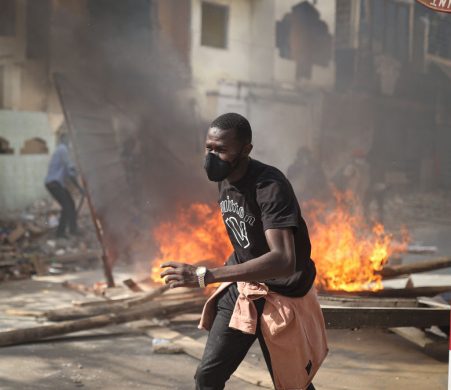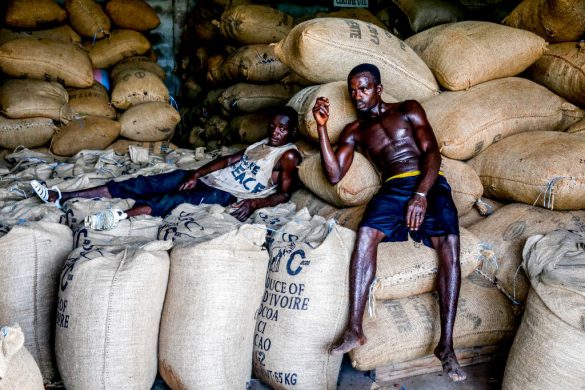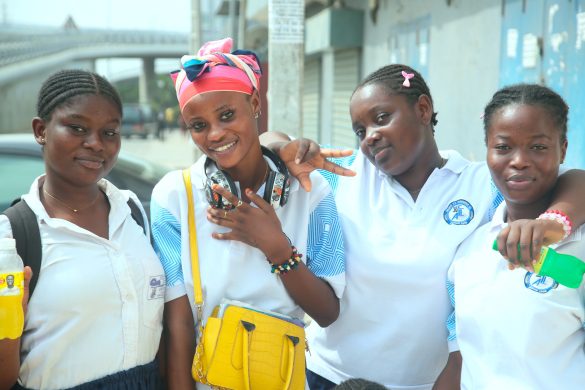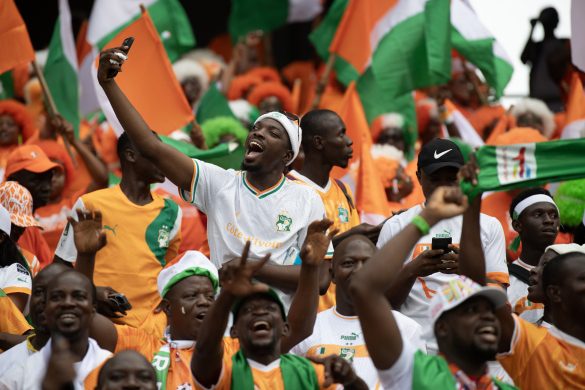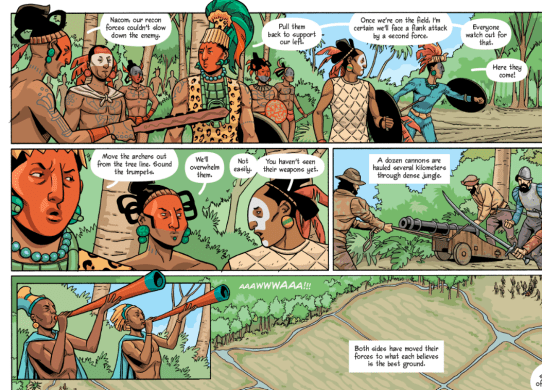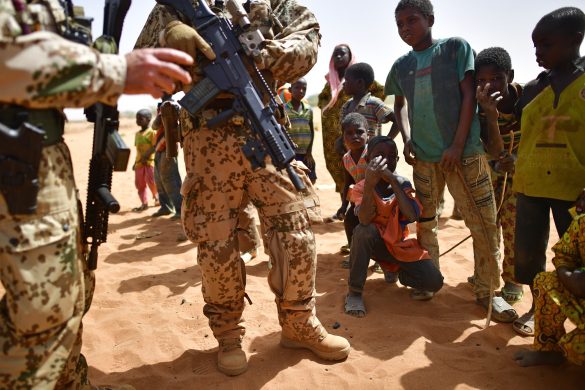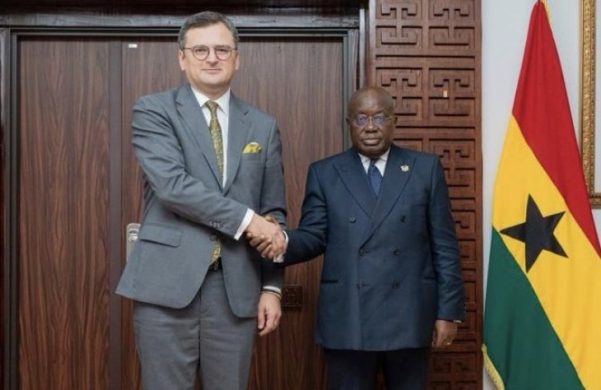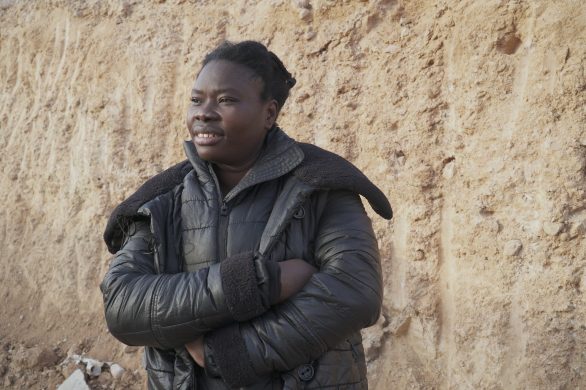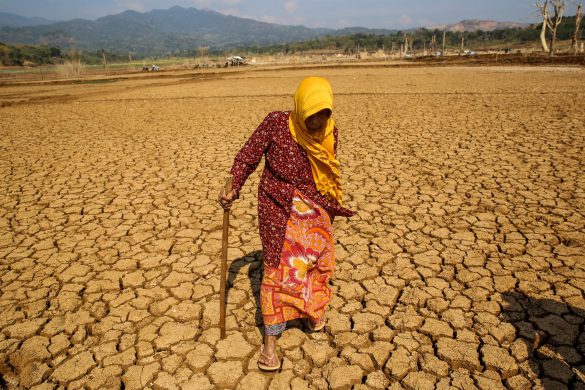The International Federation of Red Cross and Red Crescent Societies (IFRC) has launched a preliminary emergency appeal for 1,39 million US dollar (knap 7,9 mio. d. kr.) to help the Red Cross National Societies of Burkina Faso, Guinea, Ghana, Liberia and Mali strengthen their relief efforts and preparedness measures to assist people fleeing the political crisis in Ivory Coast. In Ivory Coast itself, the International Committee of the Red Cross (ICRC) is working with the Red Cross Society of Côte d’Ivoire to address the humanitarian consequences of the unfolding political crisis. The IFRC has also provided valuable support to the Red Cross Society of Côte d’Ivoire in its contingency planning for the elections. – Over 15.100 people, mostly women and children, are believed to have fled the country, the vast majority having left for the eastern part of Liberia, says Dr Aïta Sarr, food security officer and acting disaster management coordinator at the IFRC’s regional office in Dakar. – Given the continued political crisis, an influx of people is also possible in other countries bordering Ivory Coast, such as Burkina Faso, Mali and Ghana, she adds. FLYGTNINGE-STRØMMEN VOKSER Funds raised from the appeal will be used to provide immediate assistance to people who have fled their country. They will also be used to scale up relief and preparedness efforts of the Red Cross National Societies in countries neighbouring Ivory Coast to assist 45.000 people for six months. Emergency relief items, hygiene kits and shelter materials will be prepositioned to meet the needs of displaced people. Latrines and water and sanitation supply services will also be provided, whilst Red Cross volunteers will be mobilized to carry out health and hygiene education campaigns to prevent outbreaks of disease. With the crisis escalating, the daily flow of people into Liberia is increasing as people seek refuge with friends and relatives, whilst those in Guinea-Conakry are temporarily sheltered in former UNHCR camps. – The situation in host communities is a particular cause for concern especially in terms of food security, water and sanitation, says Momodou Lamin Faye, the IFRC’s Sahel regional representative. RØDE KORS/RØDE HALVMÅNE PÅ VEJ The IFRC also released 206.740 US dollars (knap 1,2 mio. d. kr.) from its Disaster Relief Emergency Fund (DREF) to kick start the emergency operation. A regional disaster response team is being deployed to Liberia and Guinea-Conakry to carry out a preliminary assessment and to plan the emergency response. The crisis is being monitored regularly to evaluate humanitarian needs as the situation develops.
Hjælp til flygtninge fra krisen i Elfenbenskysten

Hedebølge i Californien. Verdens klimakrise har enorme sundhedsmæssige konsekvenser. Alligevel samtænkes Danmarks globale klima- og sundhedsindsats i alt for ringe grad, mener tre debattører.
Foto: Kevin Carter/Getty Images


